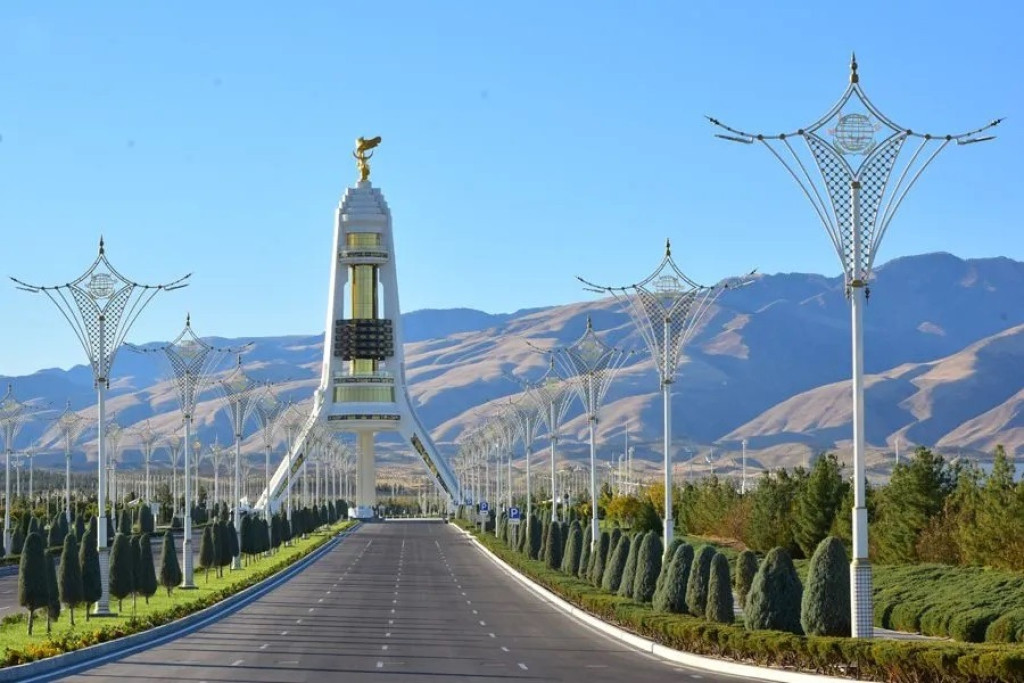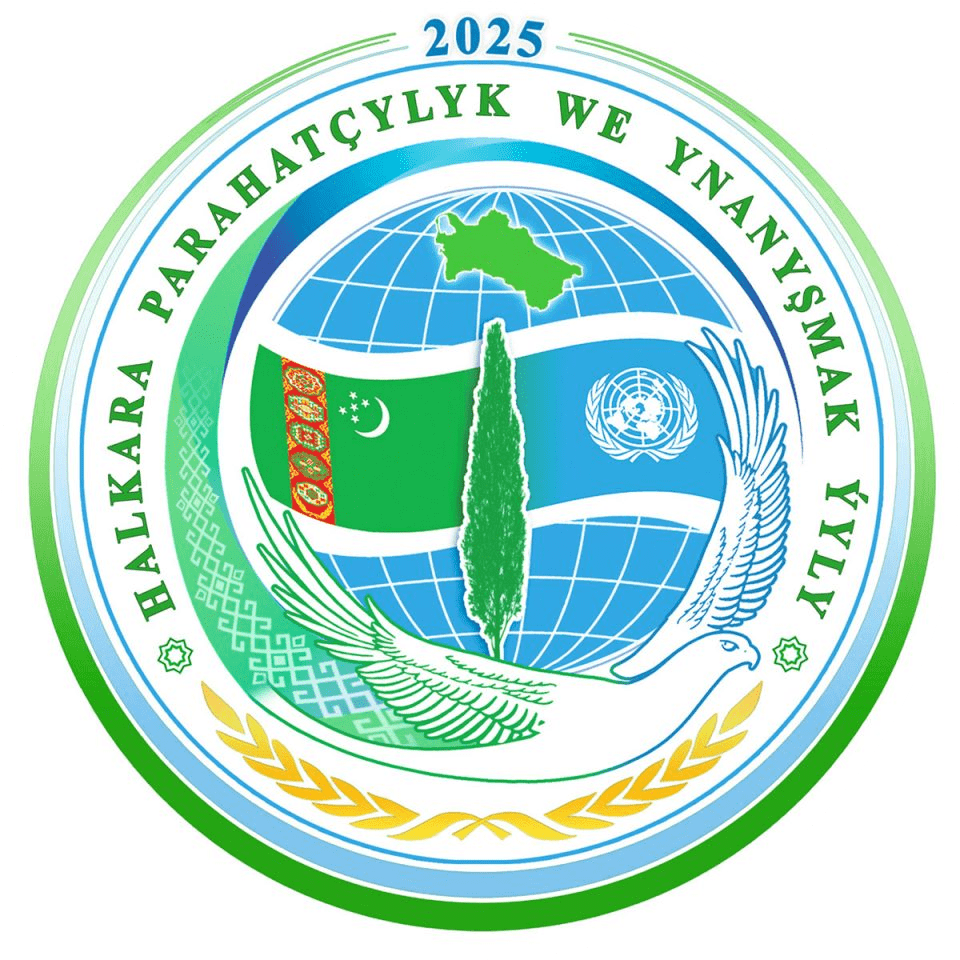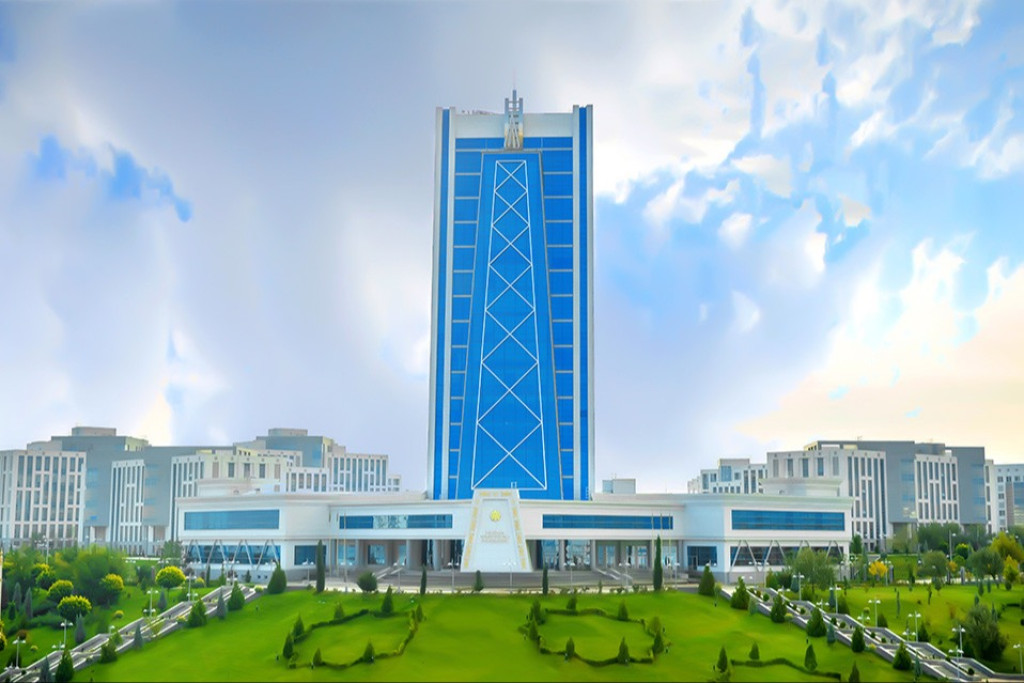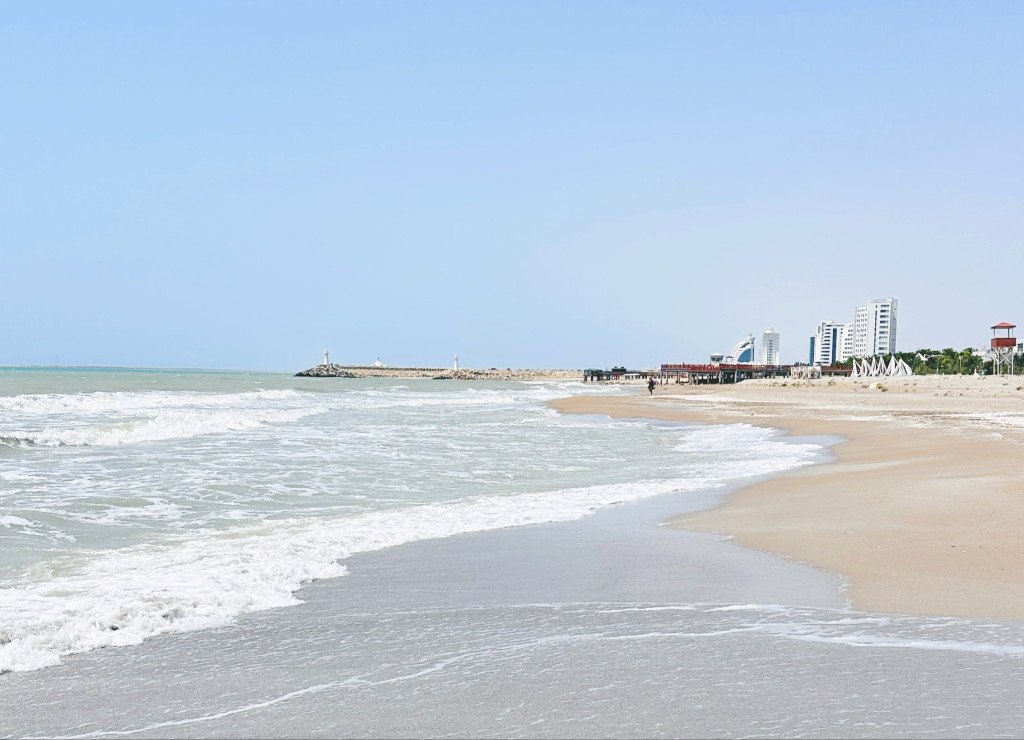
If we imagine Turkmenistan’s foreign policy as a pyramid, at its highest level lies the principle of permanent neutrality, recognized by the United Nations in 1995. This status is not just a part of international law, but also a reflection of the Turkmen people’s centuries-old traditions of peace, goodwill, and neighborliness.
Throughout history, Turkmen land has served as a crossroads for various peoples and cultures. Starting from the ancient Great Silk Road, connections were built between the Buddhist East, Christian Europe, and the Muslim South — fostering a spiritual harmony among the peoples of the region. These conditions shaped the Turkmen mentality, embedding values like peace-loving, tolerance, and hospitality.
The Turkmen people emerged under the influence of many tribes and ethnic groups, with the Oghuz tribes playing a central role. Scholar Al-Biruni noted that the name “Turkmen” appeared after the Oghuz tribes adopted Islam. The ancestors of the Turkmen migrated not only across Central Asia, but also into present-day Iran, Syria, the Caucasus, and Eastern Europe. While preserving their own culture, they also absorbed valuable experiences from other peoples.
According to historical sources, the Turkmen practiced warfare primarily for self-defense. Roman historian Pompeius Trog and Scythian philosopher Anacharsis both confirm that the Turkmen lived in a just and peace-loving society. The ancient "Pact of Oath" agreement between the Hun state and China is recognized as one of the earliest international treaties.
Diplomacy also played a key role in Turkmen history. Since the Parthian period, demonstrations of military strength were used as a deterrent during foreign diplomatic visits — a practice that continues to influence modern diplomatic protocols.
With the rise of the Great Seljuk Empire, the Turkmen gained major significance in the Muslim world. During this era, religious freedom was protected, and all religious communities were safeguarded from crusader invasions — highlighting Turkmen religious tolerance. Historians, including Michael the Syrian, emphasized the peacefulness and justice of Turkmen rulers.
Turkmen folk art has also contributed to shaping the understanding of peace as a core value. A clear example is an inscription on a Turkmen sword preserved in a Tehran museum: "A Turkmen will never draw his sword against his neighbor."
After gaining independence, the Turkmen people have developed a foreign policy based on permanent neutrality, drawing on the finest values of their past. Today, this policy is recognized globally and remains the guiding direction for the country’s future.
Hydyr Bekmyradov
Lead Specialist, Department of Digital Technologies and Information Security, State Concern "Turkmennebit"



